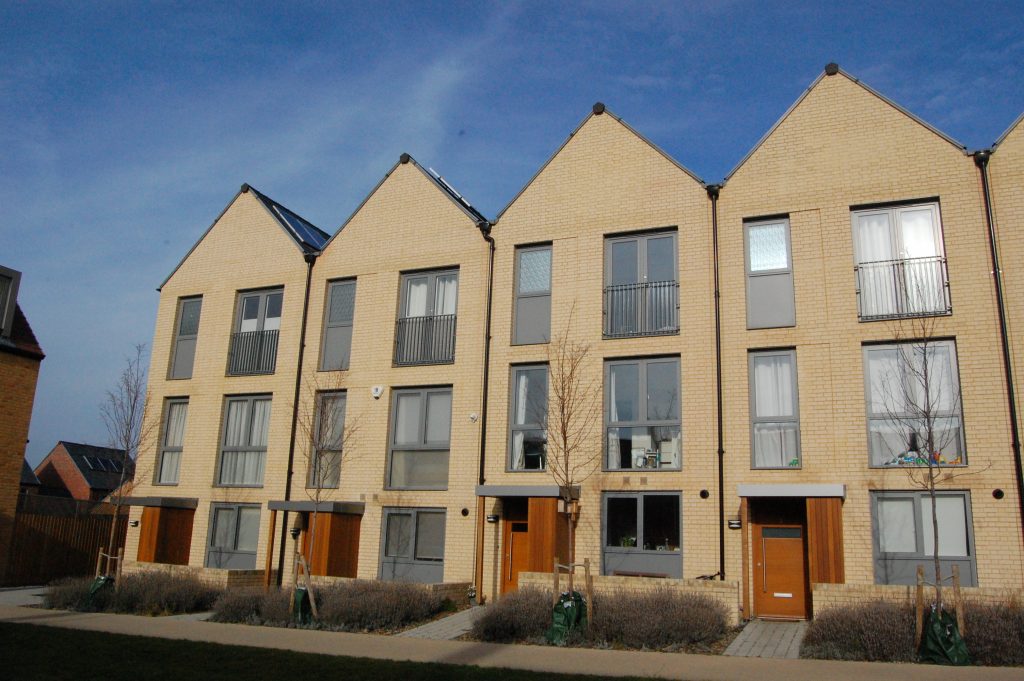Making Housing Affordable Rebalancing the Nation’s Housing System in the UK
Introduction
The global pandemic caused by COVID-19 has not only disrupted daily lives but also exposed deep-rooted flaws within various societal systems, including the housing system. As governments scrambled to respond to the crisis, many temporary measures were implemented that highlighted long-standing issues such as homelessness, affordability, and land-use policies. These actions have prompted a reevaluation of how we approach housing policy moving forward. This article explores the implications of the pandemic on the housing system, examining key areas like rough sleeping, welfare support, affordability mechanisms, and potential reforms.

Section 1: Addressing Rough Sleeping and Homelessness
One of the most striking responses during the early stages of the pandemic was the UK government’s directive to local authorities to urgently accommodate all rough sleepers. On March 26, 2020, the Minister for Local Government and Homelessness wrote to councils urging them to provide shelter for those without homes due to public health concerns. This action stood in stark contrast to years of advocacy efforts that had failed to elicit similar results.
While this initiative temporarily alleviated the plight of thousands of homeless individuals, questions remain about whether these changes will persist once the immediate threat subsides. Historically, crises often lead to short-term solutions rather than systemic overhauls. However, the visibility of homelessness during the pandemic may galvanize public opinion toward demanding more permanent fixes. Advocates argue that addressing rough sleeping requires sustained investment in social housing and supportive services, which could form part of a broader reform of the housing system.
External Link: UK Government Response to Homelessness During COVID-19
Section 2: Welfare State Realities and High-Rise Living
Another poignant image from the pandemic was an interview with a former Uber driver who found himself locked down in a high-rise flat with two children while attempting to access financial assistance through Universal Credit. His story underscored the harsh realities faced by countless families reliant on the welfare state’s “safety net.” Far from being a comfortable fallback, the experience revealed the austere and unforgiving nature of current welfare provisions.
This situation raises important questions about the connection between living conditions—such as high-rise blocks—and restrictive land-use policies. In England, limited land release contributes to inflated property prices and forces low-income households into cramped, undesirable accommodations. While empathy for such struggles might grow among the wider population, translating this sentiment into meaningful policy change remains challenging. A comprehensive review of the housing system must consider both supply-side constraints and demand-side pressures to create equitable solutions.
External Link: Universal Credit Explained
Section 3: Affordability Challenges Post-Crisis
The economic fallout from the pandemic is expected to far exceed the costs associated with the 2008 banking crisis. With state borrowing likely to extend repayment obligations over decades, funding essential services like healthcare and social care will be politically untenable if budgets are slashed. Consequently, sectors like housing may face significant challenges.
The Affordable Housing Commission’s recommendation for increased upfront grants to social housing providers seems unlikely to gain traction given fiscal constraints. Instead, alternative affordability mechanisms that impose no direct cost on the state must be explored. One promising option is rent control modeled after the “fair rent” concept, which reduces tenant costs, saves expenditure, and promotes low-cost homeownership. By targeting “rentiers”—those profiting excessively from rental income—such measures can alleviate pressure on renters without burdening taxpayers.
Additionally, releasing more land for development at no cost to the state could make housing significantly more affordable. For instance, reconsidering London’s expansive green belt, which extends up to ten miles around the city, could unlock valuable space for new builds. Balancing environmental preservation with urban growth needs careful consideration but offers a viable path forward.
External Link: Affordable Housing Commission Report
Section 4: Taxation Reforms and Land Value Capture
To address the massive public debt incurred during the pandemic, higher taxation will inevitably come into play. Among the options under discussion, implementing a land value tax (LVT) stands out as particularly relevant. LVT seeks to reclaim the substantial “unearned increment” resulting from skyrocketing land prices over the past six decades. Unlike traditional taxes, LVT targets wealth derived from passive ownership rather than productive activity, making it a fairer and more efficient revenue source.
Implementing LVT would require overcoming political resistance and administrative hurdles. Nevertheless, capturing even a fraction of the windfall gains accrued by landowners could fund critical infrastructure projects and subsidize affordable housing initiatives. Such reforms align with broader goals of creating a more equitable housing system that prioritizes accessibility and sustainability.
External Link: Land Value Tax Explained
Conclusion: Toward a Resilient Housing System
The pandemic has laid bare the vulnerabilities inherent in our current housing system, offering both challenges and opportunities for reform. From tackling homelessness and improving welfare provisions to enhancing affordability and exploring innovative taxation models, there is much work to be done. Policymakers must seize this moment to implement lasting changes that prioritize equity, efficiency, and resilience. Only then can we hope to build a housing system capable of weathering future crises and meeting the diverse needs of society.
By learning from the lessons of the pandemic and engaging stakeholders across sectors, we can forge a path toward a brighter, more inclusive future for housing.
